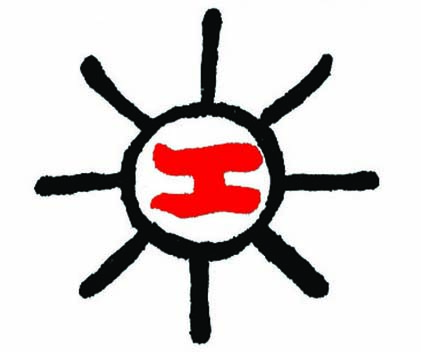Conversation with Matthew Olzmann, Kundiman Poetry Prize Winner
What was going through your head when you were writing the poems in the manuscript you submitted for the Poetry Prize? What were your inspirations and motivations?
The poems in Mezzanines were written over a six or seven-year period (with the majority of them being written during my last year in grad school and the year that followed). Until recently, I tended to write while thinking only about individual poems, rather than “collections” of poems. I wasn’t sure how they would fit together in a larger collection, or if they would go together in a book. That part came much later in the process. Once I had a substantial number of poems, I started organizing them and noticing thematic threads, figurative resonances, repetitions and obsessions. Turning that into a manuscript involved a long process of trial and error. Putting the poems in different orders. Discarding poems. Adding new poems. Seeing where the holes were and writing toward those spaces. The book that eventually became Mezzanines went through many evolutions. It existed with different titles, and dozens of poems shuffled their way in and out of its pages. I sent it to all the contests, and kept revising it. At some point, I decided to stop working on it and just let it exist for a while. I sent it out for a year without making any changes. After a year, I made some more revisions to it, but this time I was revising without having been staring at it everyday. Maybe that perspective–—that added distance—–helped. The manuscript found a home. Then I started revising it again.
What are you working on now?
I’m working on a collection of (mostly) epistolary poems: letters, and poems about post offices. A lot of my poems use some element of direct address, or at least begin that way in early drafts, and this new collection leans into that mode more fully and consciously. I’m also working on some flash fiction and short lyric essays.
What advice do you have for writers looking to submit their manuscript?
Send to the presses that you truly love. You only get to publish this book once, so be patient, and find the press that’s the right fit for you and your work. If you’re thinking of submitting specifically to the Kundiman Prize, know that your work will be read with great care. The people who will be reading your work are rooting for you. A year or two after being selected for the Kundiman Prize, I had the opportunity to serve as a reader for the prize. Each manuscript was read by more than one reader, and careful attention was given to each. It can be daunting sending to contests, but know that there are people out there who are cheering for you.
Matthew Olzmann is the author of two collections of poems, Mezzanines, which was selected for the Kundiman Prize, and Contradictions in the Design, both from Alice James Books. He’s received fellowships from Kundiman, the Bread Loaf Writers’ Conference and the Kresge Arts Foundation. His writing has appeared or is forthcoming in Best American Poetry, Kenyon Review, New England Review, Brevity, Southern Review and elsewhere. Currently, he teaches at Dartmouth College and in the MFA Program for Writers at Warren Wilson College.













